Postman Login Required? Discover the Alternative!
Postman’s forced login created unnecessary hurdles in my workflow and raised concerns over privacy and data security. EchoAPI, a robust alternative, addresses these issues while enhancing usability with its lightweight design and powerful plugins.
As a developer, Postman was my go-to tool for API debugging and testing, streamlining my workflow with essential features. However, when Postman introduced a forced login mechanism, my productivity took a hit. The change felt abrupt and frustrating, disrupting my workflow.
The Impact of Postman's Forced Login

1. Local Environment Challenges:
- Inconvenience: Previously, I could quickly launch Postman and start testing APIs without any hassle. But now, having to log in every time I open the tool adds unnecessary steps to my workflow.
- Offline Usage: One of the biggest drawbacks is Postman’s lack of offline functionality. I often work in environments with limited or no internet access, and the forced login completely hinders my ability to operate in these situations.
2. Privacy Concerns:
- Data Exposure: Logging in implies that my API requests and data could be synced to the cloud. This raises significant privacy concerns, especially when dealing with sensitive information or client data.
- Personal Information: The need to maintain a user account raises concerns about data privacy and the potential misuse or sharing of my personal information.
3. Data Security Worries:
- Cloud Reliance: The reliance on cloud services for syncing data increases the risk of data breaches. Recent compromises in cloud services have made me wary of relying on such mechanisms for sensitive API operations.
- Access Risks: Forced login mechanisms also mean there's always a risk that my account could be accessed by unauthorized entities if my credentials were ever compromised.
Discovering EchoAPI: A Breath of Fresh Air
Fortunately, during this frustrating time, I discovered EchoAPI’s lightweight version. It provides a similar interface to Postman, without the burden of forced logins—an absolute game-changer for me.
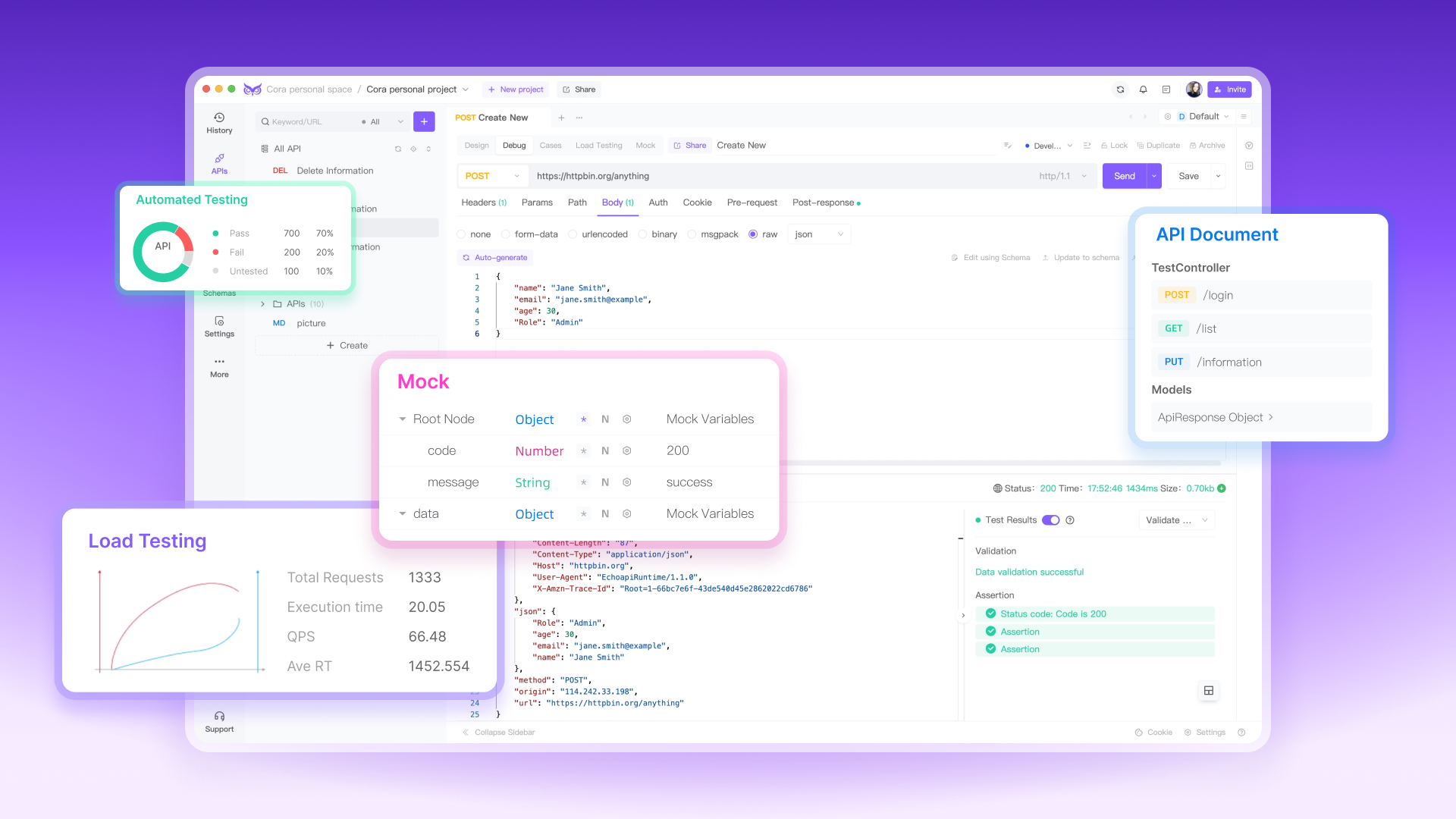
Key Benefits of EchoAPI:
User-Friendly Interface 🎨
- Transitioning from Postman to EchoAPI was seamless. Its intuitive, user-friendly interface allowed me to get started immediately.
- Postman Compatibility: EchoAPI seamlessly integrates with Postman’s API scripts, allowing me to import my existing work effortlessly and without any complications.
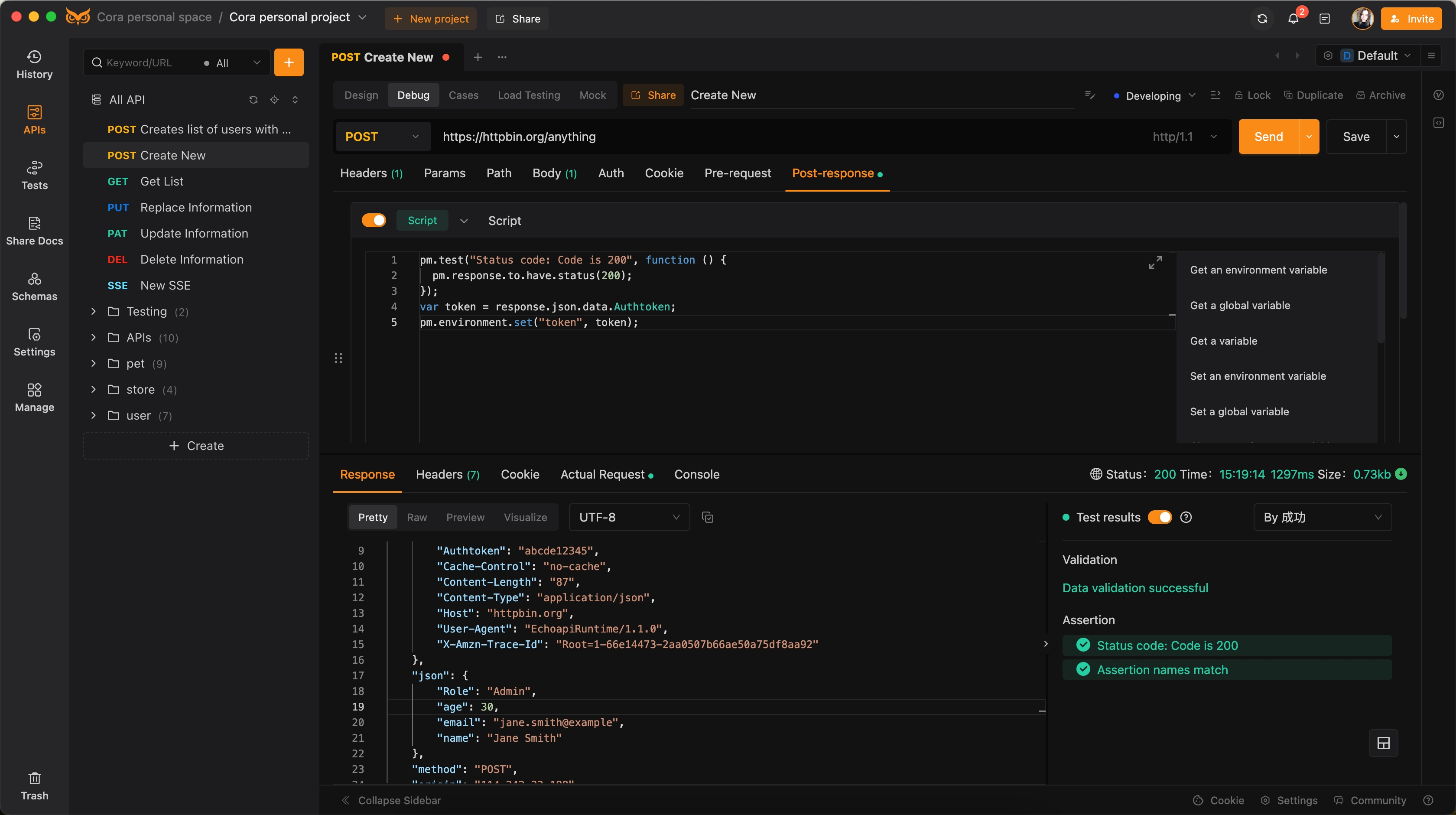
Seamless Migration 🔄
- Project Import: One of EchoAPI’s greatest strengths is its ability to import projects directly from Postman. This eliminated the need to manually recreate my existing API requests and collections, saving both time and effort.
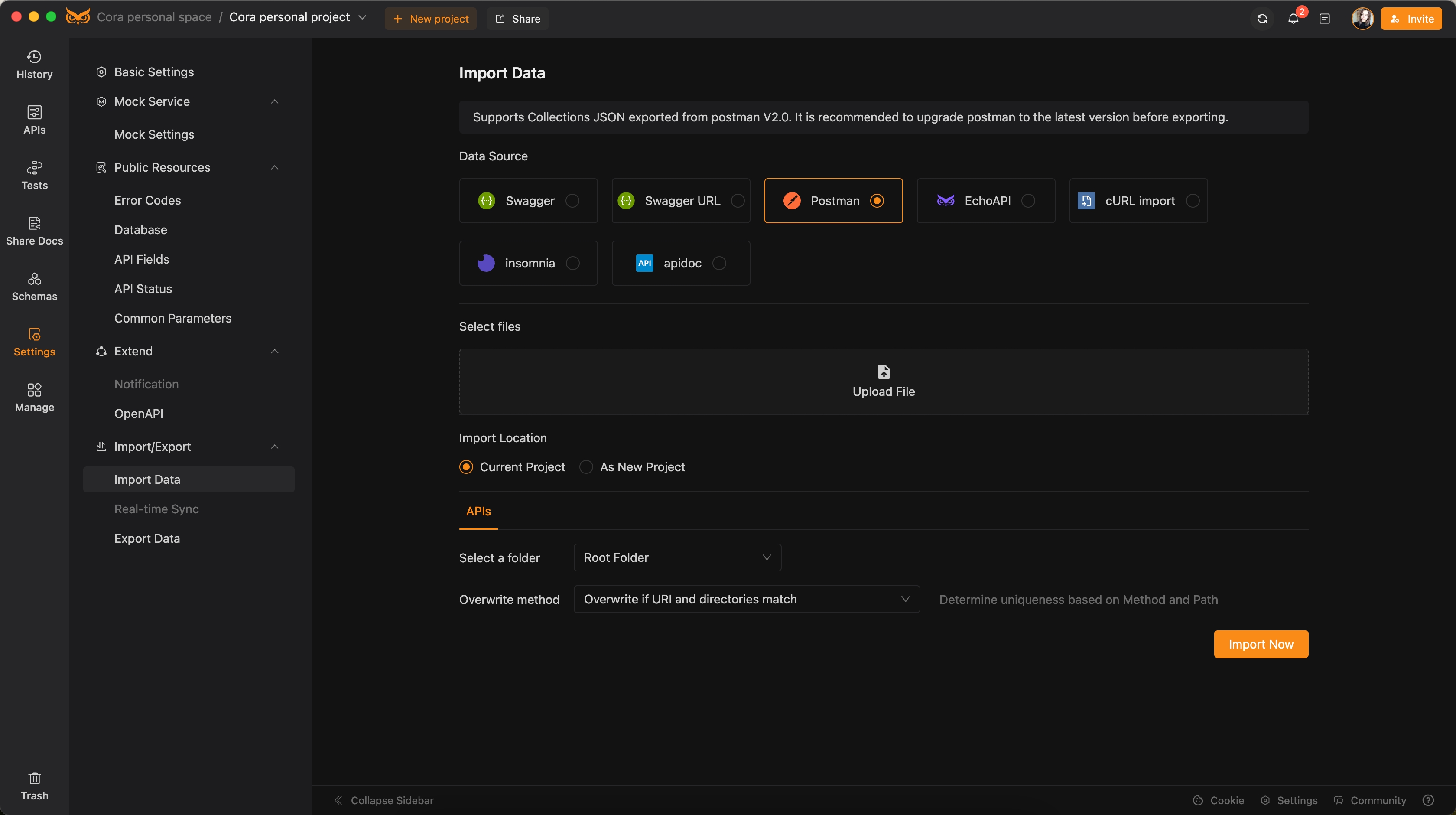
Smooth Workflow Integration 🛠
- API Debugging: EchoAPI offers all the essential functionalities for API debugging, allowing me to seamlessly continue my work without any interruptions.
- No Forced Login: EchoAPI’s lightweight design enables offline use, which is vital for my work in restricted network environments.
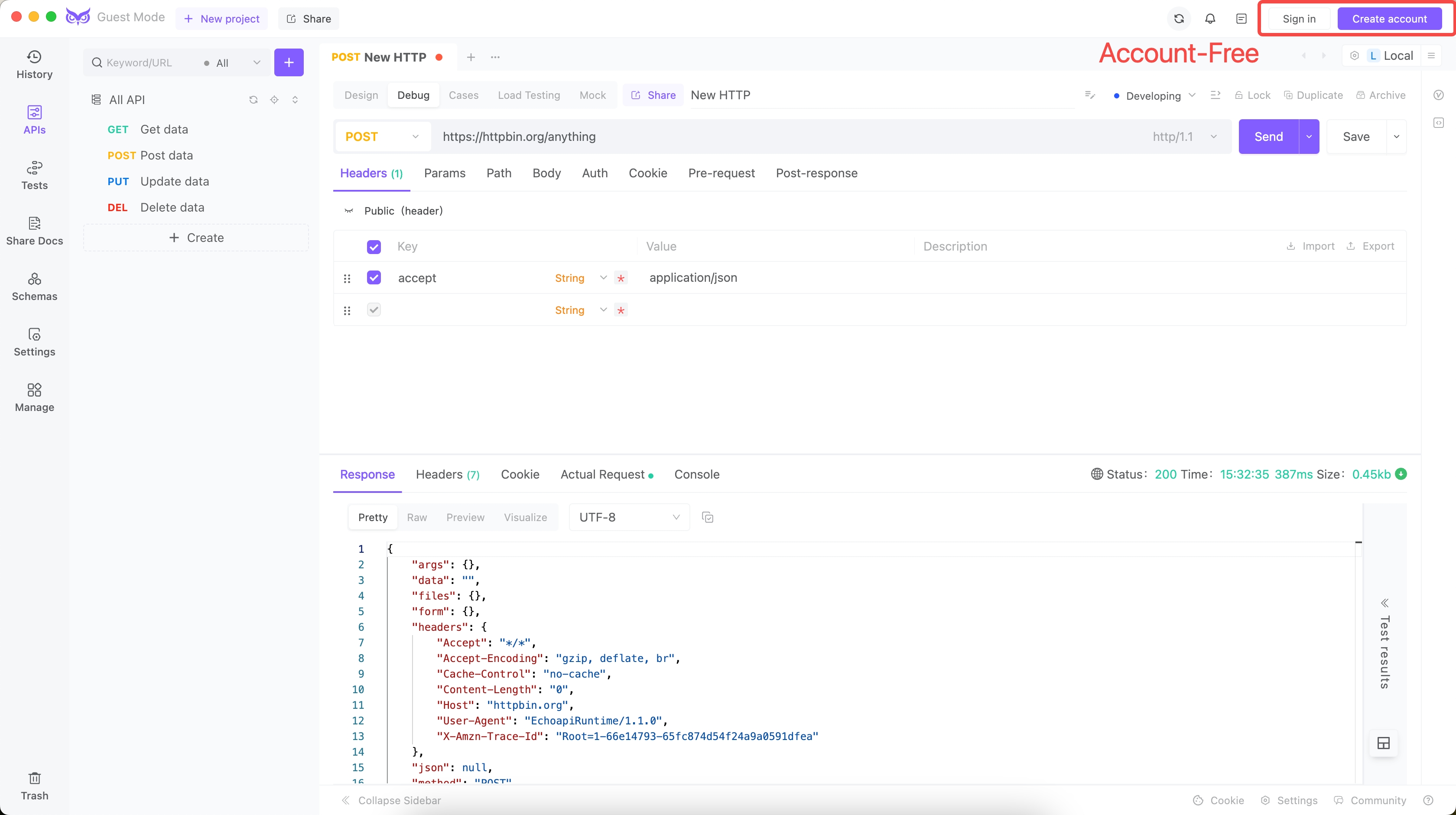
Beyond Debugging: EchoAPI Plugins
One of the standout features of EchoAPI is its support for various plugins, which significantly enhanced my workflow:
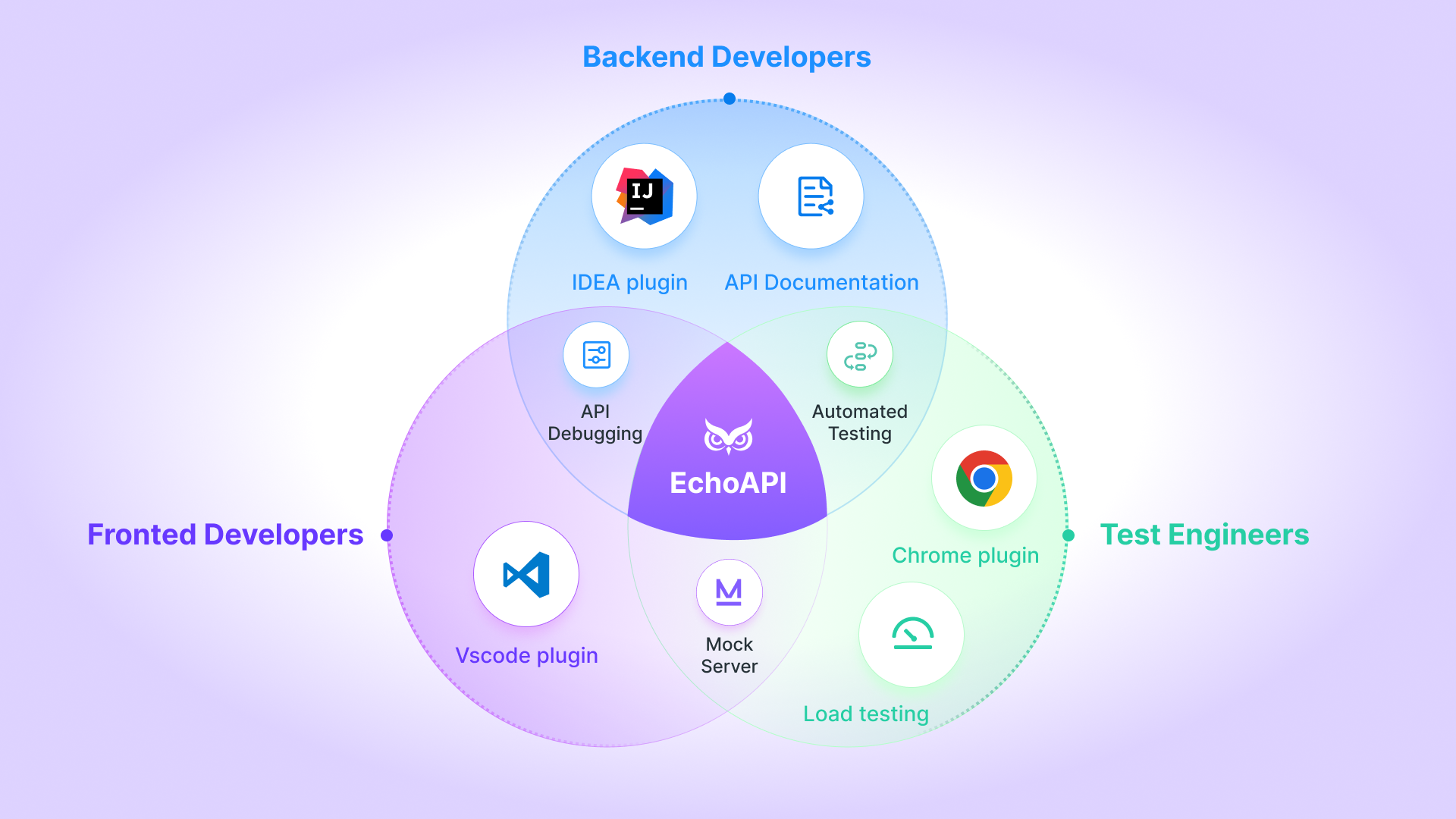
1. EchoAPI Interceptor (Chrome Plugin):
- Allows capturing API requests directly from web pages, modifying parameters, and debugging right from the browser.
- No login required, but if you bind your EchoAPI account, you can sync interfaces seamlessly.
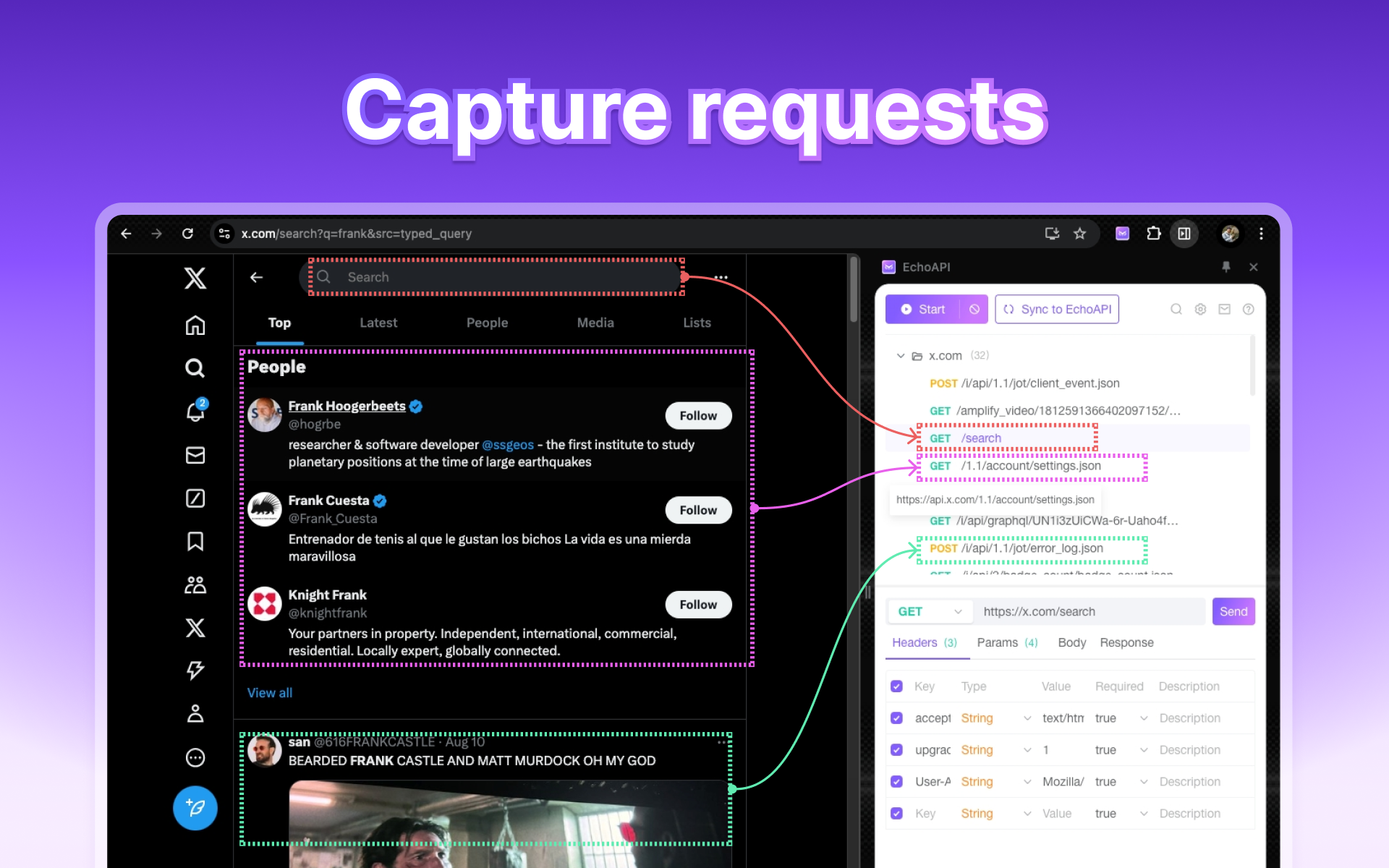
2. EchoAPI Helper (IDEA Plugin):
- Perfect for integrating with IntelliJ IDEA. You can generate and modify API requests directly from your codebase.
- Like the Chrome plugin, it supports offline usage and can sync with EchoAPI when logged in.
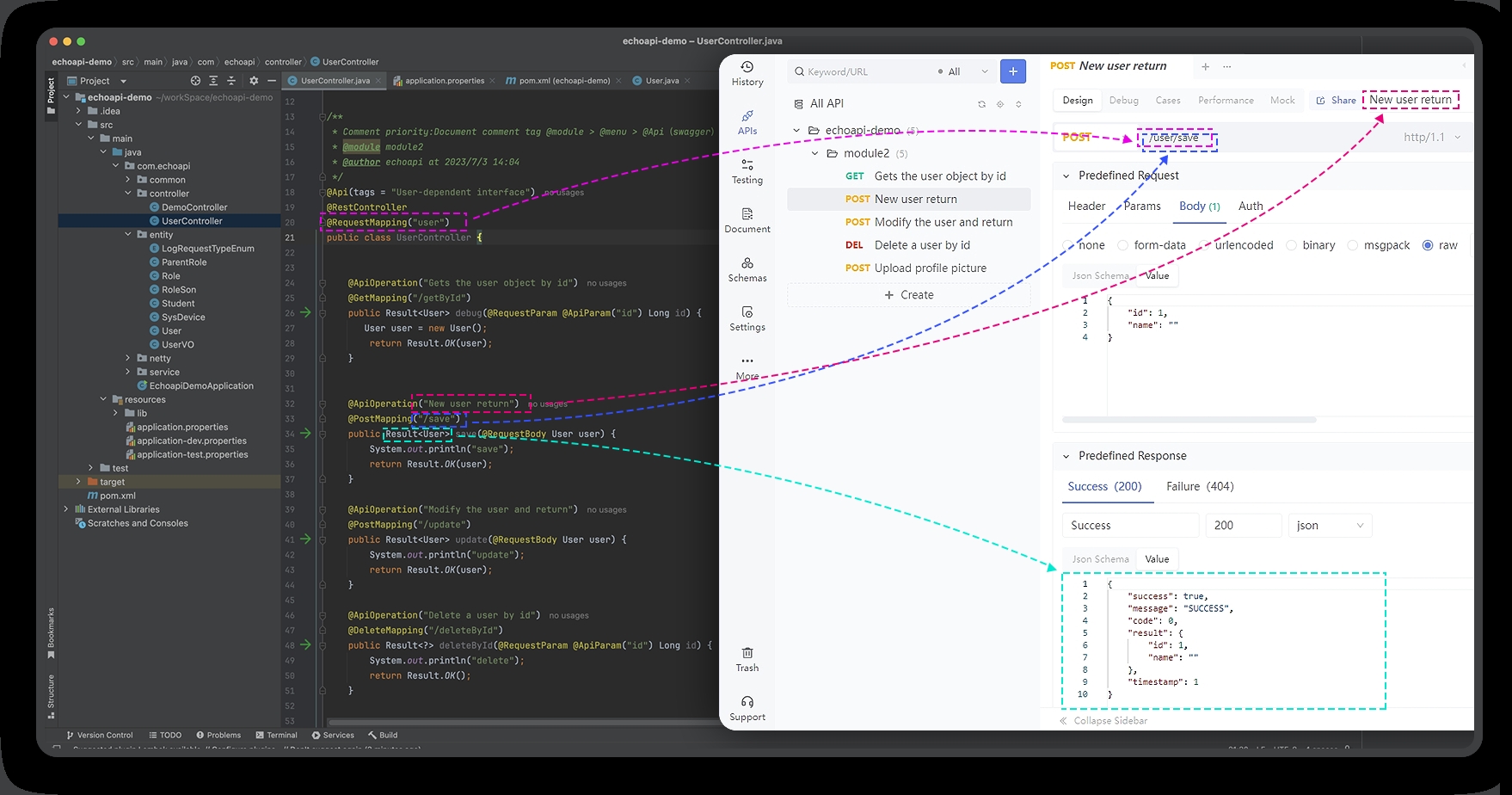
3. EchoAPI for VSCode:
- A versatile plugin that allows you to add, modify, and debug APIs within Visual Studio Code. It also supports pre- and post-scripts, visual assertions, and automatic testing.
- Fully functional offline, with the added benefit of syncing interfaces if you choose to log in.
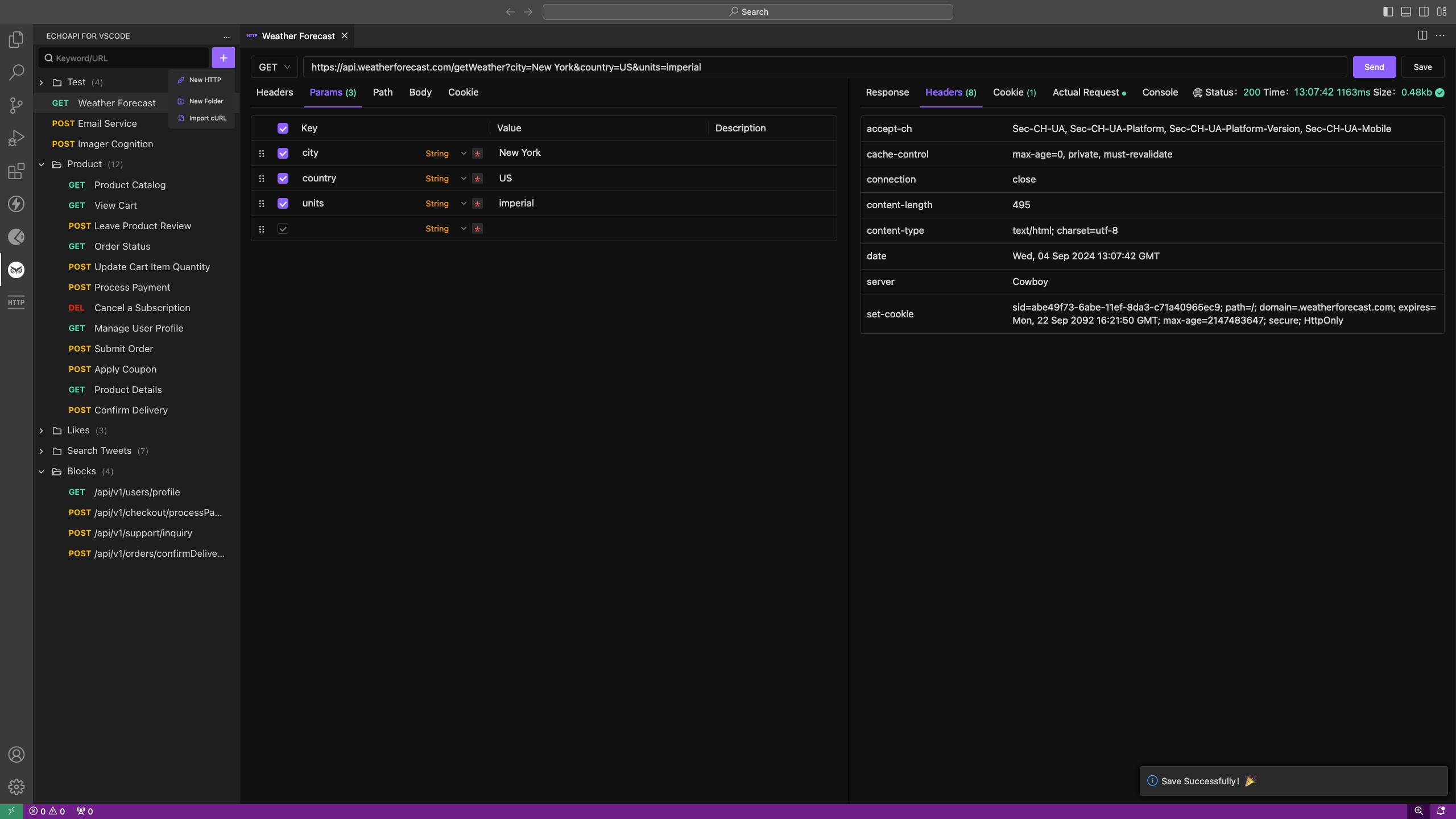
These plugins' lightweight design and offline capabilities have significantly improved my productivity and reduced my reliance on other bulky, login-restricted tools.
Conclusion
Postman’s forced login created unnecessary hurdles in my workflow and raised concerns over privacy and data security. EchoAPI, a robust alternative, addresses these issues while enhancing usability with its lightweight design and powerful plugins. Switching to EchoAPI has restored control over my API testing and debugging, streamlining my workflow and enhancing security.
The ability to seamlessly import projects from Postman into EchoAPI is an invaluable feature, ensuring a smooth and hassle-free transition. If you’re frustrated by Postman’s forced login or simply seeking a more versatile API tool, I highly recommend trying EchoAPI. It’s a game-changer for developers who prioritize efficiency, privacy, and a streamlined user experience.




 EchoAPI for VS Code
EchoAPI for VS Code

 EchoAPI for IntelliJ IDEA
EchoAPI for IntelliJ IDEA

 EchoAPl-Interceptor
EchoAPl-Interceptor

 EchoAPl CLI
EchoAPl CLI
 EchoAPI Client
EchoAPI Client API Design
API Design
 API Debug
API Debug
 API Documentation
API Documentation
 Mock Server
Mock Server








